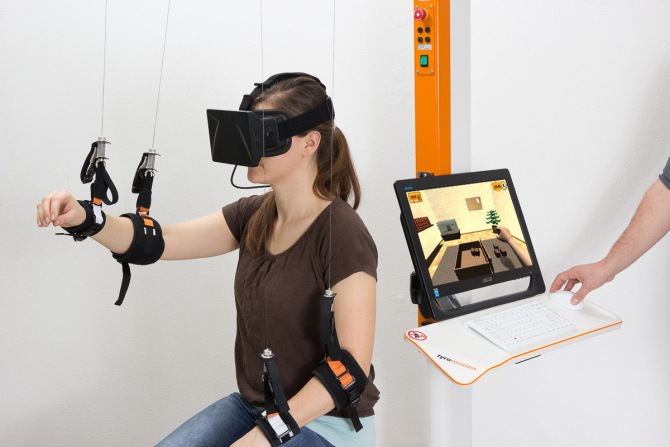|
Blockchain technology has emerged as one of the most transformative innovations in recent times, disrupting traditional industries and revolutionizing the way we exchange value, store data, and conduct business. With its decentralized and transparent nature, blockchain has the potential to reshape various sectors and drive significant societal changes. At its core, a blockchain is a distributed ledger that records transactions across multiple computers or nodes. Each transaction is secured using cryptographic algorithms, ensuring its immutability and integrity. This decentralized architecture eliminates the need for intermediaries, such as banks or governments, to facilitate trust and verify transactions. As a result, blockchain offers numerous benefits, including increased security, efficiency, and transparency. One of the key advantages of blockchain is its enhanced security. By utilizing cryptographic techniques, each transaction is encrypted and linked with the previous transaction in a chain-like fashion. This makes it extremely difficult for malicious actors to tamper with the data or alter past transactions. The decentralized nature of blockchain also reduces the risk of a single point of failure, making it more resilient against cyberattacks. Furthermore, blockchain technology enables greater efficiency in various processes. Traditionally, many transactions and operations involve multiple intermediaries, leading to delays, higher costs, and increased complexity. With blockchain, these intermediaries can be bypassed, allowing for peer-to-peer transactions and streamlined processes. For instance, in supply chain management, blockchain can track the movement of goods from the source to the end consumer, eliminating the need for manual record-keeping and reducing inefficiencies. Transparency is another crucial aspect of blockchain technology. In a blockchain network, all participants have access to the same information, creating a transparent and verifiable system. Transactions are recorded in a public ledger, which can be audited by anyone with access. This transparency can foster trust among participants and reduce fraud and corruption. Additionally, blockchain's traceability feature allows for improved accountability, as each transaction can be traced back to its origin. The potential applications of blockchain extend beyond finance and cryptocurrencies. Industries such as healthcare, supply chain management, real estate, voting systems, and intellectual property are exploring the use of blockchain technology to address trust and security concerns. For example, in healthcare, blockchain can securely store patient records, ensuring data integrity and privacy while allowing for seamless sharing between healthcare providers. Despite its immense potential, challenges remain for widespread blockchain adoption. Scalability, energy consumption, regulatory frameworks, and interoperability are some of the hurdles that need to be overcome. However, ongoing research and development efforts are addressing these issues and paving the way for a more mature blockchain ecosystem. In conclusion, blockchain technology holds tremendous promise for transforming various industries and driving innovation. Its decentralized nature, enhanced security, efficiency gains, and transparency make it an attractive solution for many use cases. As the technology continues to evolve and overcome its challenges, we can expect to see blockchain increasingly integrated into our daily lives, revolutionizing how we interact, transact, and trust in the digital age.  |
